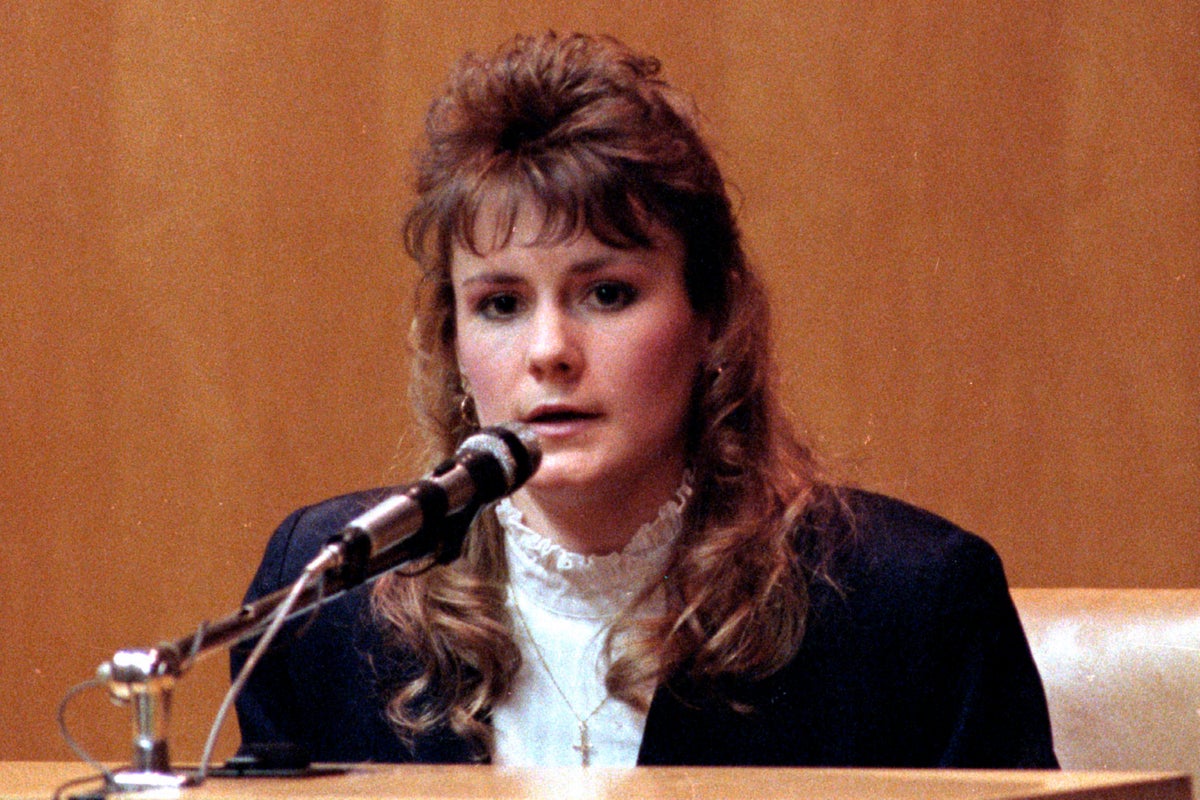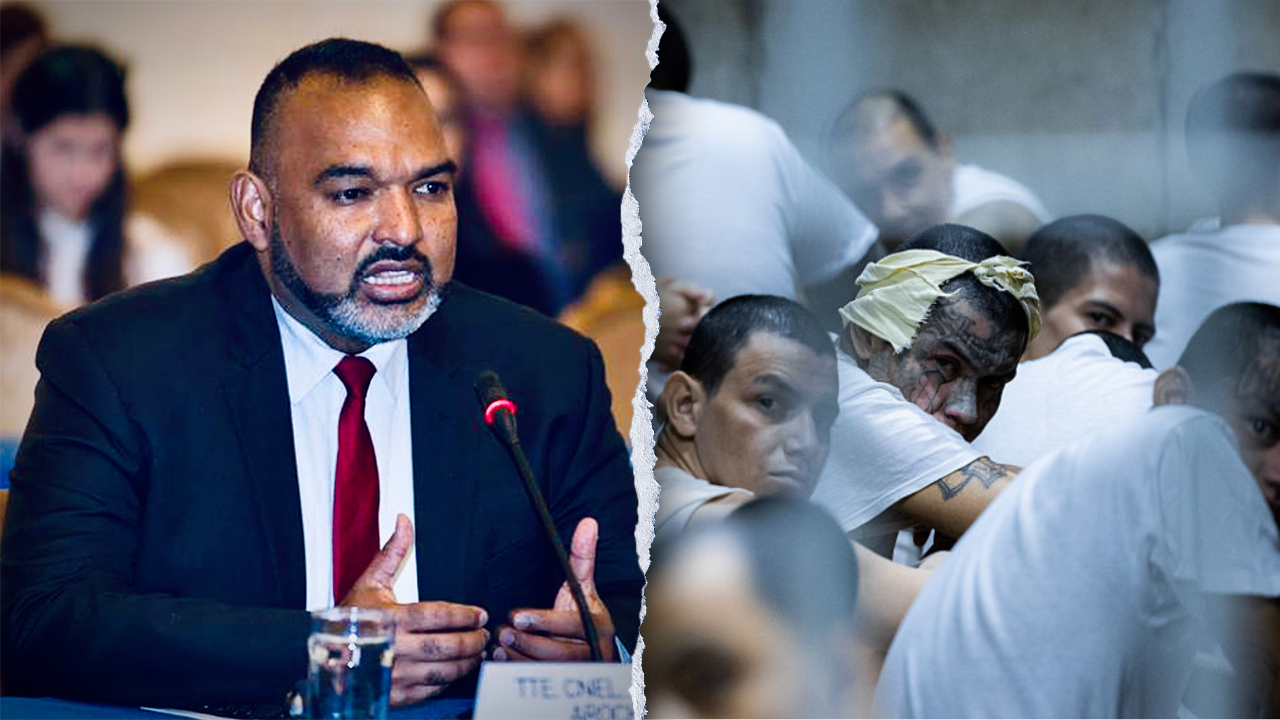New Hampshire
Beacons of light for little girls everywhere – New Hampshire Bulletin

A couple of things happened recently that caused a collision of memory and admiration.
First, I heard the news of the death of Sandra Day O’Connor, the first woman to serve on the United States Supreme Court. Secondly, I listened to a podcast interview with Sarina Wiegman, the Dutch football manager of England’s women’s national team.
I have the utmost respect for both of these women and sincerely believe this world has been made better by their integrity, perseverance, and especially the example they set for women and girls. What struck me, when I thought about the barriers they crossed and the successes they enjoyed, was how very few women were part of the narrative of history when I was a child, and how it makes me happy to see that changing.
Throughout school, all of our Social Studies books told the story of history from a slanted perspective. We read about the Founding Fathers, a British king, and the lawyer and amateur poet who penned our national anthem. There were explorers who sailed the seas in search of riches, adventurers who headed west, a string of male presidents, two brothers and their aviation invention, and a band of Bostonians who tossed tea into the Atlantic. We learned about the bravery and courage of the soldiers during the Civil War, men who walked on the moon, and one who marched for freedom and gave a rousing speech from the steps of the Lincoln Memorial. The pages were full of determination, dedication, and a country’s destiny told from the point of view of the men.
And every now and then, there would be a page or two about a woman who made an impact and managed to find her way into the history books.
A quick recollection brings up a handful of names: Pocahontas, Clara Barton, Sacajawea, Harriet Tubman, Amelia Earhart, and Eleanor Roosevelt. I’d argue that the impact these women had on the success of our nation was equal in measure to the men, if not as often recognized or celebrated. Furthermore, there were undoubtedly countless other women who contributed just as much and were left out of the history books altogether.
It would be easy to allow myself to dwell on their exclusion, and decide to be bitter about the role models I didn’t get to see when I was a child. Or, I could rejoice that each year that has passed has brought more and more stories of women who blazed a trail and became beacons of light for little girls everywhere.
In 1981 Sandra Day O’Connor became the first woman ever appointed to the U.S. Supreme Court. Since then, a total of six women have served, four of them still serving today. I could probably name five women I learned about in my fifth-grade textbook, now more than that have sat on the Supreme Court bench. And, nearly any little girl in this country could recognize herself in one of them, and know she too could dream that dream.
Fifth grade also brought about my love of soccer, and the dream to play on a team. But, as with many sports, girls didn’t play back then, at least not in my school. Girls weren’t allowed to play in Sarina Wiegman’s school either. So, she did the best thing she could think of: She cut her hair short and joined her twin brother on the pitch. Fast forward nearly 50 years and she has played college soccer, won a Dutch championship, served as the first woman to coach for a Dutch professional team, and managed the Netherlands for the 2020 Olympics. Now she is the England manager, leading a team of young women who never had to wonder if girls could play soccer.
These days it can be so easy to get discouraged, looking out at the world and all of the heartbreak happening. It would be a piece of cake to convince ourselves that it’s a pretty hopeless situation.
But, I challenge you to look back at what may have been missing when you were a child, whether it was representation in a sport, profession, or between the pages of a book. Then ask yourself what, and who, you see now.
Maybe experience your own collision of memory and admiration, and see what happens.

New Hampshire
Concerns about transparency swirl around Nashua performing arts center – The Boston Globe

Thursday’s decision arises from one of more than a dozen lawsuits resident Laurie A. Ortolano has filed against Nashua in the past five years under the RTK law. It clarifies that a 2008 change to the law didn’t narrow the scope of entities bound by it. Legislators added language specifying that government-owned nonprofit corporations are public bodies subject to the RTK law, but that doesn’t mean all for-profit corporations are exempt, the court ruled.
To determine whether an entity constitutes a public body under the RTK law, judges still must conduct a “government function” test, just as they were required to do before the 2008 change to the law. The lower court failed to do that in this case.
In response to Thursday’s decision, Ortolano said it seems fairly clear that NPAC Corp. is using public money to perform a government function, especially considering how involved city officials have been in the entity’s financing and administration.
Ortolano said officials had long reassured the public that the performing arts center would be operated transparently, but then they established the for-profit entity.
“All of the records went dark, and you could not really track accountability of the money any longer,” she said.
Ortolano’s lawsuit alleges the city owns a nonprofit entity that owns the for-profit corporation, but city attorney Steven A. Bolton disputed that. Nashua doesn’t own any of the entities in question, he said. (That said, the city’s Board of Alderman approves mayoral appointees to lead the nonprofits.)
Bolton said he was pleased that the Supreme Court agreed with the trial court’s decision to dismiss the city as a defendant in this case, and he expressed confidence that the money raised for this project was spent appropriately on construction, furnishings, and perhaps initial operating costs.
Attorneys for the remaining defendant, NPAC Corp., didn’t respond Thursday to requests for comment. The corporation maintains it is a private entity exempt from the RTK law, even though its members are listed on the city’s website alongside other municipal boards and committees.
Gregory V. Sullivan, an attorney who practices in New Hampshire and Massachusetts and who serves as president of the New England First Amendment Coalition, said he suspects the superior court will conclude that NPAC Corp. is subject to the RTK law. He commended Ortolano as “a right-to-know warrior” and criticized leaders who resist transparency.
“The city of Nashua has historically, in my opinion, not been cooperative with requests to disclose the public’s records as opposed to other cities and towns in New Hampshire,” he said. “We the people are the government, own the government, and they’re our records.”
This article first appeared in Globe NH | Morning Report, our free newsletter focused on the news you need to know about New Hampshire, including great coverage from the Boston Globe and links to interesting articles from other places. If you’d like to receive it via e-mail Monday through Friday, you can sign up here.
Steven Porter can be reached at steven.porter@globe.com. Follow him @reporterporter.
New Hampshire
New Hampshire governor rejects hearing for Pamela Smart, sentenced to life for husband’s 1990 death

New Hampshire Gov. Kelly Ayotte rejected on Thursday the latest request for a sentence reduction hearing from Pamela Smart, who is serving life in prison for orchestrating the murder of her husband by her teenage student in 1990.
Smart, 57, was a 22-year-old high school media coordinator when she began an affair with a 15-year-old boy who later fatally shot her husband, Gregory Smart, in Derry. The shooter was freed in 2015 after serving a 25-year sentence. Though Smart denied knowledge of the plot, she was convicted of being an accomplice to first-degree murder and other crimes and sentenced to life without parole.
It took until last year for Smart to take full responsibility for her husband’s death. In a video released in June, she said she spent years deflecting blame “almost as if it was a coping mechanism.”
On Wednesday, Smart wrote to Ayotte and the governor’s Executive Council asking for a hearing on commuting her sentence. But Ayotte, a Republican elected in November, said she has reviewed the case and decided it is not deserving of a hearing before the five-member panel.
“People who commit violent crimes must be held accountable to the law,” said Ayotte, a former state attorney general. “I take very seriously the action of granting a pardon hearing and believe this process should only be used in exceptional circumstances.”
In her letter, Smart said she has spent the last 35 years “becoming a person who can and will be a contributing member of society.” Calling herself “what rehabilitation looks like,” she noted that she has taken responsibility for her husband’s death.
“I have apologized to Gregg’s family and my own for the life taken and for my life denied to my parents and family for all these long years,” she wrote.
Smart’s trial was a media circus and one of America’s first high-profile cases about a sexual affair between a school staff member and a student. The student, William Flynn, testified that Smart told him she needed her husband killed because she feared she would lose everything if they divorced. Flynn and three other teens cooperated with prosecutors and all have since been released.
The case inspired Joyce Maynard’s 1992 book “To Die For” and the 1995 film of the same name, starring Nicole Kidman and Joaquin Phoenix.
New Hampshire
Boy dies in crash after allegedly stealing car in New Hampshire

Watch CBS News
Be the first to know
Get browser notifications for breaking news, live events, and exclusive reporting.
-

 Education1 week ago
Education1 week agoVideo: Columbia University President Is Booed at Commencement Ceremony
-

 Technology1 week ago
Technology1 week agoAMD’s new RX 9060 XT looks set to challenge Nvidia’s RTX 5060
-

 Technology1 week ago
Technology1 week agoAre Character AI’s chatbots protected speech? One court isn’t sure
-

 News1 week ago
News1 week agoRead the Full ‘Make America Healthy Again’ Report
-

 Culture1 week ago
Culture1 week agoHow Manga Megastar Junji Ito Makes Terrifying Series Like ‘Uzumaki’
-

 News1 week ago
News1 week ago'Golden Dome' Missile Shield To Be 1st US Weapon In Space. All About It
-

 News1 week ago
News1 week agoVideo: Trump Repeats False Claims to South African President
-

 World1 week ago
World1 week agoBelgium requests lifting of MEP immunity to investigate Huawei scandal




















